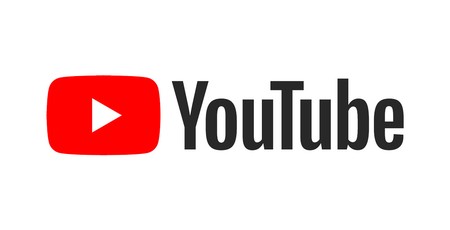
Video streaming giants YouTube and Netflix have both announced separate plans to reduce their default streaming quality in Europe in a bid to free up bandwidth on the internet as social distancing techniques begin to take their toll.
The BBC reported yesterday that Netflix was commencing a 30-day period of reduced streaming quality in Europe. It comes in the wake of greater demand being placed on internet service providers as increasing numbers of people remain home, either self-isolating with symptoms of COVID-19 or simply following social distancing measures. Working remotely in an organisation sharing large datsets, streaming video, and gaming are all bandwidth hogs, and it’s safe to say there’s a likely been a surge in all three across Europe. Here in the UK, for instance, Vodafone and TalkTalk have reported 30 percent and 20 percent increases in network traffic respectively.
Reducing the bitrate at which video is streamed is an effective way of reducing bandwidth demands, and Netflix reckons it’ll be lowering its data consumption by 25 percent by doing just this. It won’t be changing the resolution of anything; it has made clear that those whose subscriptions include 4K movies will still be able to watch and enjoy them at full res. The decision comes following discussions between the Netflix CEO, Reed Hastings, and the European Commissioner for the Internal Market, Thierry Breton, and thus far the European market
Following this, Reuters reports today that YouTube is undertaking a similar measure for essentially the same reason after also having discussions with Breton. This time, the focus is resolution and not bitrate: ‘We are making a commitment to temporarily switch all traffic in the EU to standard definition by default,’ says YouTube in the statement shared by Reuters. And yes, that does include the UK despite our new lack of EU membership. Videos will now default to standard definition (480p or lower) instead of HD, even on fast internet connections. Users can still manually switch to a higher resolution if available. Like Netflix, YouTube plans to implement these measures for an initial 30-day period.

MSI MPG Velox 100R Chassis Review
October 14 2021 | 15:04








Want to comment? Please log in.